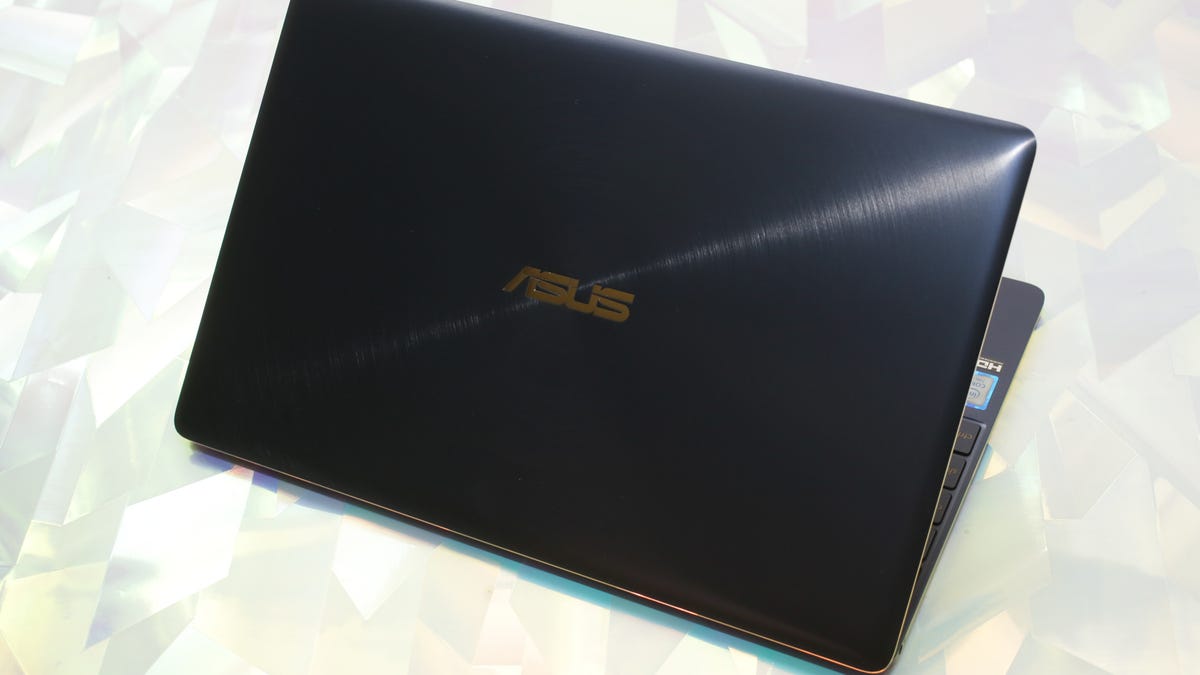Asus aims for growth in Asia's sluggish PC market
Despite declining shipments in Southeast Asia, Asus foresees growth and will have a range of new ultrabooks and convertibles for the market.

The PC market hasn't been doing too well globally, seeing a decline in shipments in Q3 compared with last year. But Taiwanese electronics manufacturer Asus still sees potential in Asia.
With the launch of its Asus Zenbook 3 in Singapore, the company is signaling its intention to double down in a highly competitive market, one that has seen notebook manufacturers pulling out and returning in cycles.
And it's not just Singapore. The region continues to be a challenging one, even as Asus gained market share globally, shipments in the Southeast Asia have declined year on year. But there's hope to be found in other markets such as Indonesia.
"Currently the country that we are focusing a lot of effort is of course Singapore as it is a mature and growing market," said Benjamin Yeh, Asus' regional director for Southeast Asia. "We are also putting a lot of effort in Indonesia where we feel that there is great potential in the market there and it is a market with high volume sales and high potential."
While Lenovo continues to be the number one PC vendor globally, with HP and Dell hot on its heels, Asus remains just slightly behind Apple in Q3 numbers, though it has gained quite a bit of ground and is only less than a percentage point behind. And if you factor in that there were 68 million notebooks shipped in Q3, that's not very far behind.
According to Yeh, Asus is currently number 1 in consumer rankings in the region, and the company is seeing a larger increase in demand for ultrabooks, which is taking over the traditional mainstream notebook space.
In fact, Yeh points out that Singapore, a relatively small but affluent market, has a share of ultrabook users, while demand in Indonesia and Malaysia are growing, though this growth is hindered somewhat by the higher price of the slimmer and portable notebooks.
And it's not just the traditional notebook makers that Asus has to watch out for. Xiaomi , a Chinese company known more for its cheap but good smartphones , has also barged into this space with its Mi Notebook Air . While it's only sold in China for now, there's a chance that Xiaomi will want to start making inroads in other markets in the future.
However, Asus isn't worried.
"We welcome all kinds of competition, in the end if they can bring innovation to the market, we can benefit as well, as this will make the pie bigger," said Yeh. "We're number one in consumer, if the pie gets bigger, we'll be the one that benefits most. So we are looking forward to more competition."

